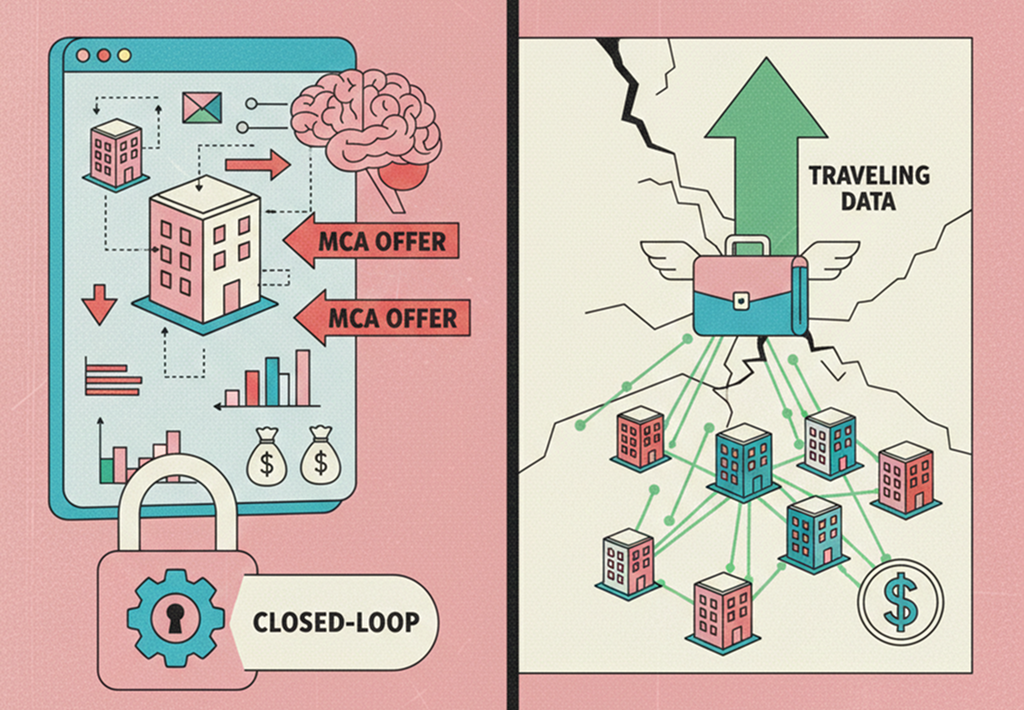Five Ways to Get Working Capital

No matter the size of your company, working capital is essential — it fuels your operations, keeps machinery running, ensures your employees are paid, and helps manage your bills.
What exactly is working capital?
Working capital is essentially the cash available for daily operations, sitting in your corporate checking account, ready to be used for various business activities such as:
- Paying vendors for goods or services
- Covering monthly rent
- Handling payroll
- Providing a safety net for emergencies
We’ll help you determine how much you need and show you where to look when you need an increase.
How much working capital do I need?
Estimating your working capital needs involves several factors like business complexity, seasonality, and longevity. A typical calculation might involve multiplying your monthly cash outflow by a factor of 1-6x, depending on how conservative you want to be. For instance, with monthly expenses of $15,000, and aiming for four months of cash reserves, you'll need $60,000. The amount can vary based on how reliable your income is and the nature of your expenses.



01 Bank Credit Lines
These are revolving credits similar to credit cards but usually offer lower interest rates and are secured by your business's assets. This is often the most ideal option for any business because it is reliable and comes with the most reasonable interest rates. A bank credit line is secured by a combination of your receivables and inventory. Small and medium sized businesses will generally need to personally guarantee the credit line.
02: Business Credit Cards
Great for ongoing short-term needs, these cards are quick to obtain and may be secured or unsecured, which requires collateral usually in the form of a minimum balance in your checking account. The approval process is highly automated, making a business credit card a speedy, convenient option; however, the interest rate is typically much higher than your bank's credit line.
03: Working Capital Loans
Fast and flexible, these loans are suited for immediate needs but can have varying interest rates. You have the freedom to spend the money however you see fit. Approval is often quick and, once approved, the repayment terms are 12-60 months. The interest rate on a working capital loan is highly dependent on the health of your business. Here at Tento, we aim to reward healthy businesses with even lower APRs and savings, helping you build good credit through your working capital needs.
04: SBA 7a Loans & Credit Lines
Offered by the Small Business Administration, these loans can be used for various purposes including working capital, with favorable interest rates (based on the Wall Street Journal Prime rate) and typically lengthy approval processes. You can borrow up to $5 million and use the funds for purchasing equipment, real estate, business acquisition, working capital or refinancing debt. The downsides of a 7a loan are, as noted, its very lengthy, arduous application process. If working capital is the only way you're looking to use funds, approval chances are low as the SBA prefers a multitude of planned uses. Last but not least, if you own property or have other large investments, it is likely the government will place a lien on these assets until the loan is paid off or refinanced.
SBA credit lines are similar to bank lines but are backed by the SBA and may have more favorable terms. The pitfalls of the 7a loan still apply here and you are much more likely to be approved if you already have a 7a loan.
Ensuring adequate working capital is crucial for your business's operation and growth. Choosing the right source depends on your specific needs, urgency, and cost considerations. By understanding your options and consulting financial experts, you can make an informed decision that aligns with your business goals and promotes long-term stability and growth.











_Nick_Fancher_Photos_ID6069.jpg)



